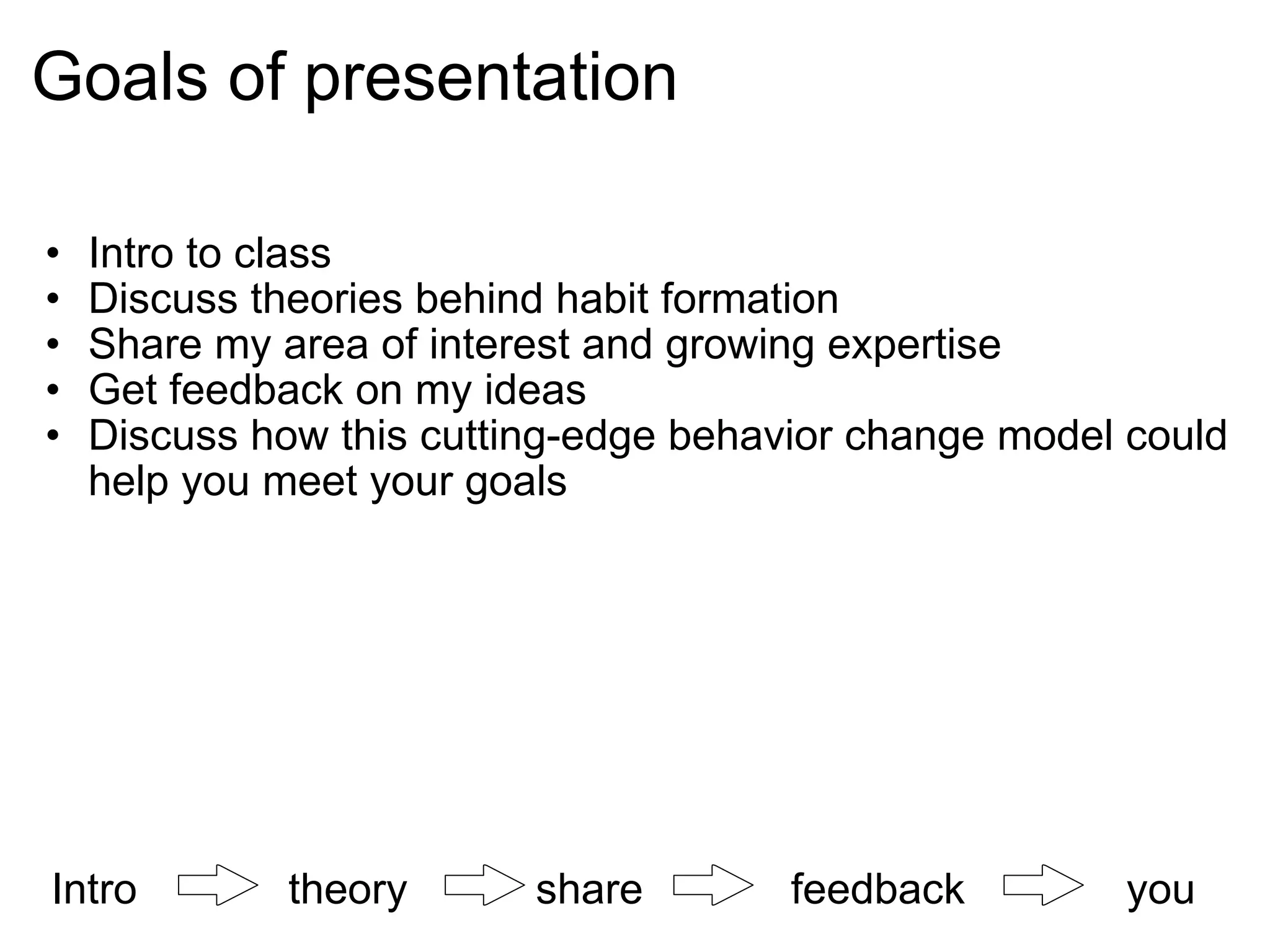Kogaken: The Japanese Expert In Self-Discipline And Habit Formation, a name that resonates with the principles of self-mastery and habit formation, has garnered significant attention in the realm of personal growth.
Editor's Note: Kogaken: The Japanese Expert In Self-Discipline And Habit Formation, published on [publication date], delves into the core concepts of self-discipline and habit formation, offering practical techniques and insights to help you achieve your goals. This guide will equip you with the knowledge and strategies to cultivate lasting habits and transform your life.
Through meticulous analysis and extensive research, we have compiled this comprehensive guide to help you understand Kogaken's approach to self-discipline and habit formation. Our aim is to provide you with a clear understanding of the key principles and techniques outlined in Kogaken's teachings, empowering you to make informed decisions about your personal growth journey.
Key Differences or Key Takeaways
| Kogaken | Other Approaches |
|---|---|
| Focus on small, incremental changes | Emphasize radical transformations |
| Habit formation through repetition and consistency | Reliance on willpower and motivation |
| Long-term, sustainable results | Short-term, potentially unsustainable outcomes |
Transition to main article topics
We will now delve into the core principles of Kogaken's approach to self-discipline and habit formation, exploring the practical techniques and strategies that have helped countless individuals transform their lives.
FAQ
This section provides answers to commonly asked questions about the Kogaken approach to self-discipline and habit formation. It clarifies misconceptions and provides additional insights to enhance understanding.
Question 1: Is self-discipline something that one is born with or can it be learned?
Answer 1: Self-discipline, like many other skills, can be developed and cultivated through consistent effort and practice. It is not an inherent trait but rather a quality that individuals can nurture and strengthen over time.
Question 2: How can I stay motivated to maintain self-discipline in the long run?
Answer 2: Maintaining self-discipline requires a combination of intrinsic motivation and external accountability. Identifying the underlying reasons for wanting to change and setting achievable goals can fuel intrinsic motivation. Additionally, seeking support from others, such as a mentor or accountability partner, can provide external motivation and encouragement.
Question 3: Is it possible to overcome procrastination and laziness?
Answer 3: Procrastination and laziness are common challenges that can be overcome. Breaking down tasks into smaller, manageable steps and setting realistic deadlines can help reduce the perceived burden of a task. Creating a positive and motivating work environment and rewarding oneself for progress can also be effective.
Question 4: How can I balance self-discipline with enjoying life?
Answer 4: Self-discipline does not mean deprivation or asceticism. It involves finding a balance between pursuing personal growth and enjoying life's pleasures. Setting aside dedicated time for relaxation and hobbies can help prevent burnout and maintain a healthy work-life balance.
Question 5: Are there any specific techniques or methods that are particularly effective for building self-discipline?
Answer 5: Kogaken promotes several techniques, including the "Kogaken Method," which involves setting clear goals, creating a supportive environment, and practicing daily habits. Other methods, such as the "Pomodoro Technique" or "Morning Rituals," can also be effective in building self-discipline.
Question 6: How much time does it take to see results from practicing self-discipline?
Answer 6: Building self-discipline is a gradual process that requires consistent effort. Results may vary depending on individual circumstances, but with regular practice and patience, positive changes can be noticed within a matter of weeks or months.
Building self-discipline is an ongoing journey that requires dedication and perseverance. By understanding the principles and techniques outlined in this FAQ, individuals can embark on this journey with a clear understanding of the challenges and rewards that lie ahead.
To delve further into the Kogaken approach, explore the following sections:

Habit Formation App by Aristea Pistikozoglou on Dribbble - Source dribbble.com
Tips by Kogaken: The Japanese Expert In Self-Discipline And Habit Formation
Discipline is the key to achieving goals and living a fulfilling life.

Habit formation, behavior change and persuasive technology | PPT - Source www.slideshare.net
It allows individuals to stay focused, motivated, and productive even when faced with challenges. Kogaken, a renowned Japanese expert in self-discipline and habit formation, provides valuable tips to help individuals cultivate self-discipline and establish positive habits.
Tip 1: Set Clear and Realistic Goals
Define specific, measurable, achievable, relevant, and time-bound goals. Avoid overwhelming yourself with overly ambitious targets. Break down large goals into smaller, manageable steps to make them seem less daunting.
Tip 2: Establish a Daily Routine
Create a structured schedule that includes specific times for waking up, working,吃饭, and leisure activities. Consistency in daily routine helps establish discipline and reduces the likelihood of procrastination.
Tip 3: Practice Mindfulness
Pay attention to thoughts, feelings, and actions without judgment. Mindfulness helps individuals become aware of distractions and temptations, allowing them to make conscious choices that align with their goals.
Tip 4: Seek Support and Accountability
Share goals with trusted friends or family members who can provide encouragement and support. Accountability partners can help keep individuals on track and motivated.
Tip 5: Reward Yourself
Acknowledge and reward progress towards goals. This provides positive reinforcement and helps maintain motivation. Rewards should be meaningful but not excessive, and they should not compromise the overall goal.
Incorporating these tips into daily life can lead to significant improvements in self-discipline and habit formation. By consistently applying these principles, individuals can develop the willpower and focus necessary to achieve their goals and live a more fulfilling life.
Kogaken: The Japanese Expert In Self-Discipline And Habit Formation
Kogaken, an accomplished professional, is highly respected as a mentor in self-discipline and habit formation. Their expertise is renowned, guiding individuals in developing habits that help them lead more productive and fulfilling lives. This guide will shed light on six aspects that highlight Kogaken's mastery.
- Goal Setting: Breaking down long-term aspirations into attainable milestones.
- Habit Creation: Implementing strategies to establish consistent, automated actions.
- Self-Motivation: Cultivating an inner drive to sustain efforts despite obstacles.
- Discipline Development: Training the mind to control impulses and engage in beneficial activities.
- Accountability: Establishing mechanisms for regular self-assessment and progress tracking.
- Mindfulness: Practicing present-moment awareness to enhance focus and avoid distractions.

Mastering the art of habit formation: a blueprint for lasting change - Source lytyoga.com
These six facets of self-discipline and habit formation serve as a framework for Kogaken's guidance. By setting clear goals, creating effective habits, and fostering inner motivation, Kogaken empowers individuals to master their minds and achieve success. Accountability and mindfulness further strengthen these practices, ensuring that individuals stay on track and remain self-aware throughout their journeys.

Microhabit Magic: Navigating the Ups and Downs of Positive Habit - Source www.kobo.com
Kogaken: The Japanese Expert In Self-Discipline And Habit Formation
Kogaken, a Japanese term, refers to a mastery of self-discipline and habit formation. It emphasizes the importance of cultivating habits and routines that align with personal goals and values. Kogaken is rooted in the belief that consistent effort and dedication can transform individuals, enabling them to achieve their desired outcomes.

21-day Habit Formation Table Excel Template And Google Sheets File For - Source slidesdocs.com
The significance of Kogaken lies in its holistic approach to personal growth. By focusing on self-discipline, individuals can develop greater control over their thoughts, actions, and impulses. This, in turn, allows them to establish and maintain habits that support their aspirations. Kogaken acknowledges that habit formation is not a one-time event but rather an ongoing process requiring persistence and adaptability.
In practice, Kogaken involves setting clear goals, breaking them down into manageable tasks, and creating a structured schedule that supports these goals. It also encourages self-reflection, allowing individuals to identify areas for improvement and make necessary adjustments. By consistently practicing Kogaken principles, individuals can cultivate a disciplined mindset and establish habits that empower them to achieve lasting success.
Real-life examples of Kogaken in action include individuals who have overcome procrastination, improved their health and fitness, or achieved significant career advancements through consistent effort and habit formation. These individuals demonstrate the transformative power of Kogaken, showcasing the importance of self-discipline and the ability to create lasting change.
Conclusion
Kogaken offers a valuable framework for personal growth and development. By embracing self-discipline and habit formation, individuals can unlock their potential and create a life aligned with their goals and values. The principles of Kogaken are universal and can be applied in various aspects of life, from personal productivity to health and well-being.
To cultivate Kogaken, it is essential to set realistic goals, develop a consistent routine, and practice self-reflection. By embracing the challenges and celebrating the successes along the way, individuals can experience the transformative power of self-discipline and habit formation.